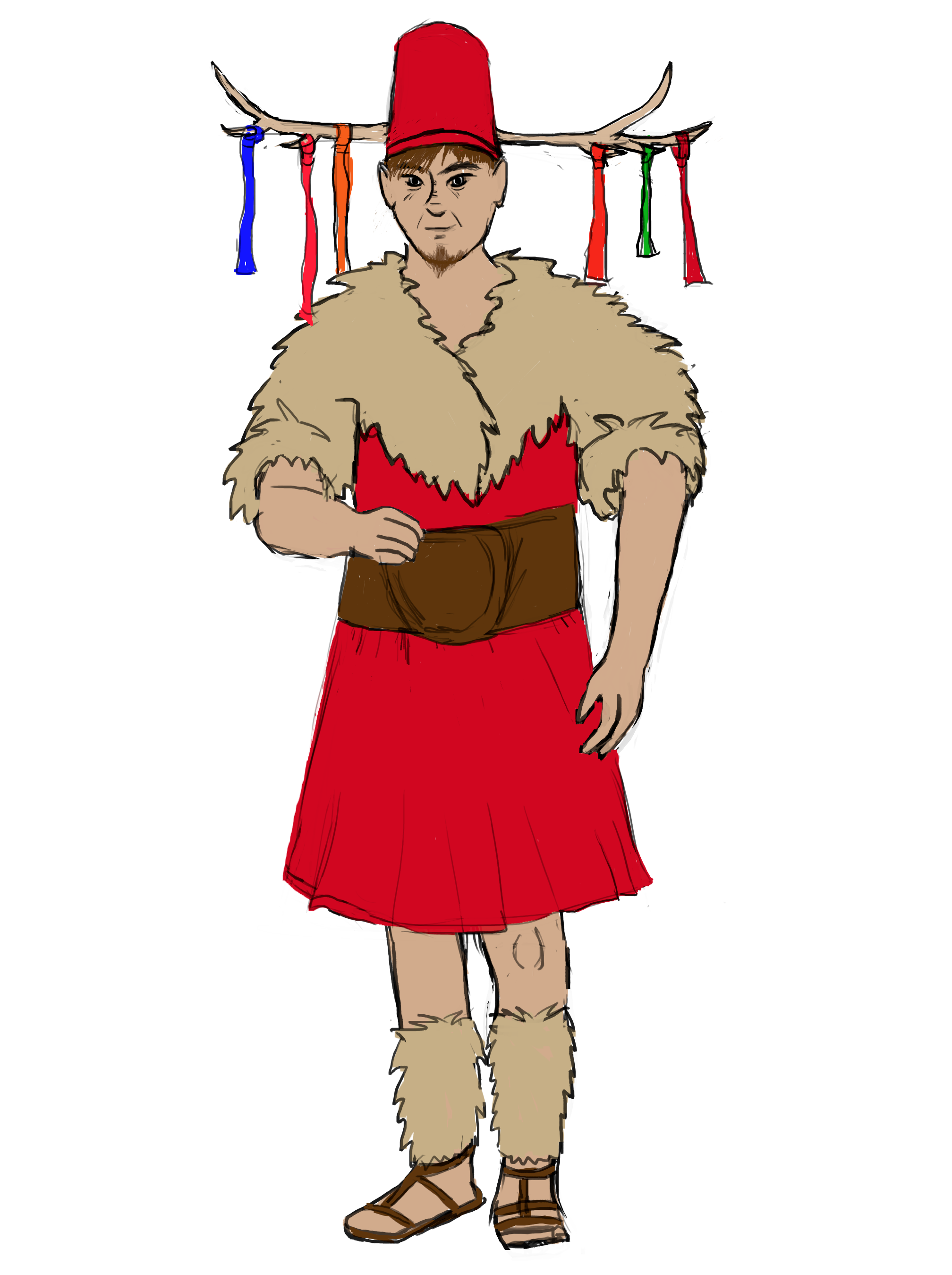Sisters of the Weaver
This article is about a monastic order.
For the Sister as a profession, see Sister of the Weaver.
Sisters of the Weaver are a monastic order of the priestesshood of Áfawarsal. It is the main scientific and religious organisation of the Mountain kingdom. The monasteries of the order are called áçäwals. They are huge walled temples, usually located outside the cities near religiously imporant mountain peaks. Áçäwal and the Sisters are sometimes used as synonymous terms refering to the organisation.
Áçäwals were traditionally the center of producing royal and priestly clothing and preserving sacred knowledge. Lately they have developed into centers of education and (especially astronomic) recearch.
Even though both genders can join the organisation, it is exclusively lead by women, and the participation of the men is restricted. Because of this organisation, the Ara with the highest education are generally women.
Public Agenda
Preserving the Ara oral history and traditions. Education and recearch. Organising religious practices.
Assets
They own several large temple complexes, usually located in high hilltops in easily defensable places. They also own fields (and practically peasants) on the surrounding countryside. They are entitled to recieve taxes and free workforce from the state.
History
The organisation was formed to serve as a controlled working facility for the women, were they weaved sacred clothes and were trained to be priestesses.
Later their focus turned towards maintaining the oral tradition and knowledge of the kingdom. In many regards they are currently the most powerful organisation of the kingdom.
Education
Talented girls are chosen to be trained in the temples from the surrounding towns and countryside. They can be of any social class in theory, but are usually high or middle class. They usually join in their early teens, and get married once they leave. Men from higher social classes can also join the organisation, but their possiblities are restricted. Men usually join on their own accord later in life, if they want to study further. High-class men and especially princes are expected to spend some time doing pilgrimages in the temples, but not to join permanently.
The curriculum includes sacred handicrafts, songs about Ara history, science and mathematics. Those gifted and hard-working can become priests, while the less successfull are sent back home or married to elite men. In either case, working in the temple is a huge honour for the girl and the family.
Tenets of Faith
The organisation's main deity is the Weaver, but they are polytheistic animists, and the practises of any particular branch often focuses on the local regional deities. The temples are often founded near the mountain peaks that are sacred in the local animist traditions.
Worship
Religious practices are woven into the everyday life of every Ara, but little is mandated for the common people. People pray and worship on their own, but can also seek the counsil of the priests when they need to. It is common to occasionally make pilgrimages to the temples, and spend some time there immersed in prayer and study.
Priesthood
The priesthood is formed by all of the people permanently living and working in the temples, and who are not considered the peasants or manual workers of the temple. The priests do all the sacred work, like preserving the oral memory (the Ara do not use writing), producing sacred fabrics and items, praying to the gods and practicing science. They also oversee the manual workers and teach the initiates and visitors to temple.
The pastors are the leaders of the temples, chosen from the most gifted students. They oversee all the work of the temple, and wear a horned headdress as a sign that they are the Leaders of the Flock. The most pastors are women, but gifted men can get the title too.
Political Influence & Intrigue
The temples used to be the indipendent leaders of the surrounding regions, but now after the establishment of the Aramacänten (Mountain kingdom), they are formally allied with the state. The King is obligated to heed the counsil of the high priests.
More influential temples also exercise influence and control over other temples. Especially historically it was common for the temples to have their own armies and make war.
Type
Educational, Scientific Institute
Parent Organization
Permeated Organizations
Divines
Location
Related Traditions
Related Ranks & Titles
Related Professions
Controlled Territories
Related Ethnicities




Comments